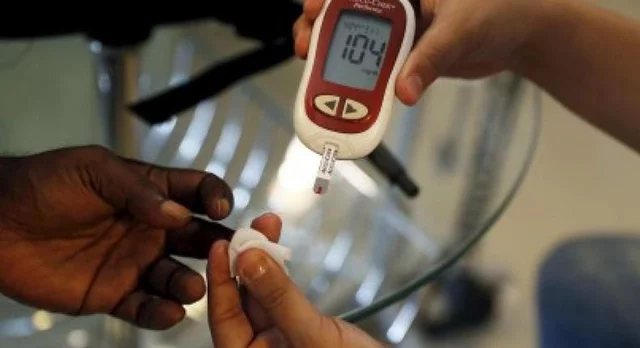
Research from the International Diabetes Federation reveals that just 47% of people living with diabetes are turning to their healthcare practitioner as the most useful source of information to manage their diabetes
The research also shows that nearly one in three (30%) people with diabetes in Nigeria have seen their time spent with a healthcare provider decrease over the past three years. For over 95% of the time, people living with diabetes are looking after themselves. It is therefore critical that they have access to up-to-date and reliable information to support their self-care and prevent diabetes-related complications. When diabetes is not well managed, the risk of serious health complications increases. These include heart attacks, strokes, kidney failure, blindness and lower-limb amputation.
Sources outside of a healthcare provider can be rife with misinformation. Separate research carried out by IDF earlier this year found that searches for terms including ‘diabetes’, ‘how to manage diabetes’ and ‘diabetes symptoms’ featured results and answers to questions from non-medical sources including Wikipedia, Amazon and Facty – the last of which showed an article on home remedies for diabetes.
Out of 30 search results (the first results page for each search term), six links directed users to unverified information. In one case, for the search term ‘diabetes’, users were displayed an advert from an organisation that aims to ‘wean people living with diabetes from insulin.’ Without an uninterrupted supply of insulin, type 1 diabetes is a death sentence.
This ties in with additional figures from the research, revealing that over one in five (22%) people living with diabetes in Nigeria found it hard to understand the details of their condition and almost one in three (31%) found it difficult to remain positive in relation to their diabetes.
“During the covid-19 lock-down the prices of commodities skyrocketed. I witnessed severe numbness, blurred vision and dental issues that left me today with incomplete dentition. My story is not different with many others living with diabetes with a near absence of support to our support groups.”said Bernard Enyia, an advocate living with type 2 diabetes from Nigeria and member of the IDF Blue Circle Voices network. “There is poor access to diabetes education because the government have not paid serious attention to diabetes issues, with no national response programme.”
Healthcare workers are struggling to access resources
IDF’s research also revealed that many doctors and nurses in Nigeria felt they lacked the resources to pass on to their patients – with over one in three (35%) indicating they did not have access to printed or digital education tools and materials.